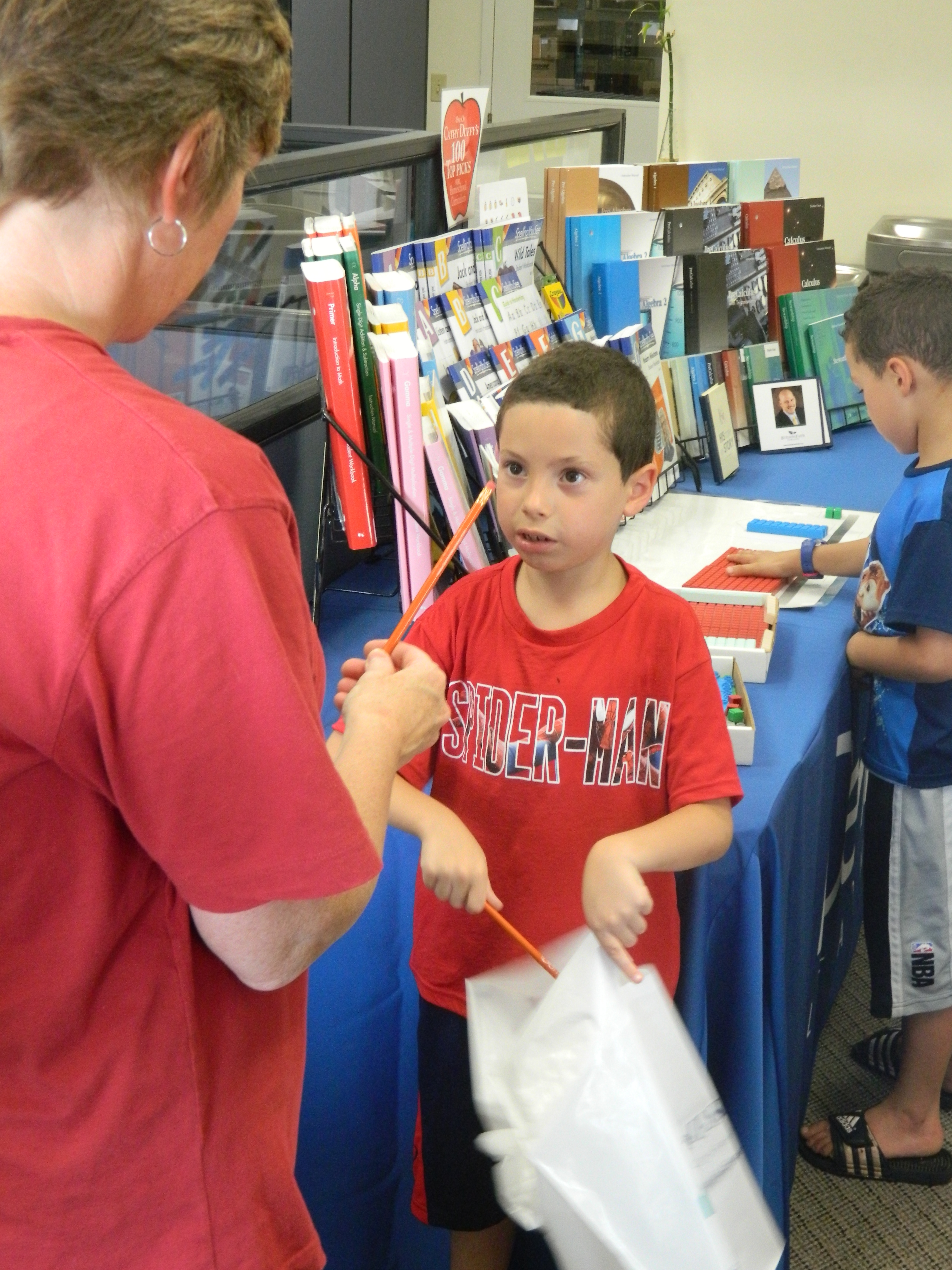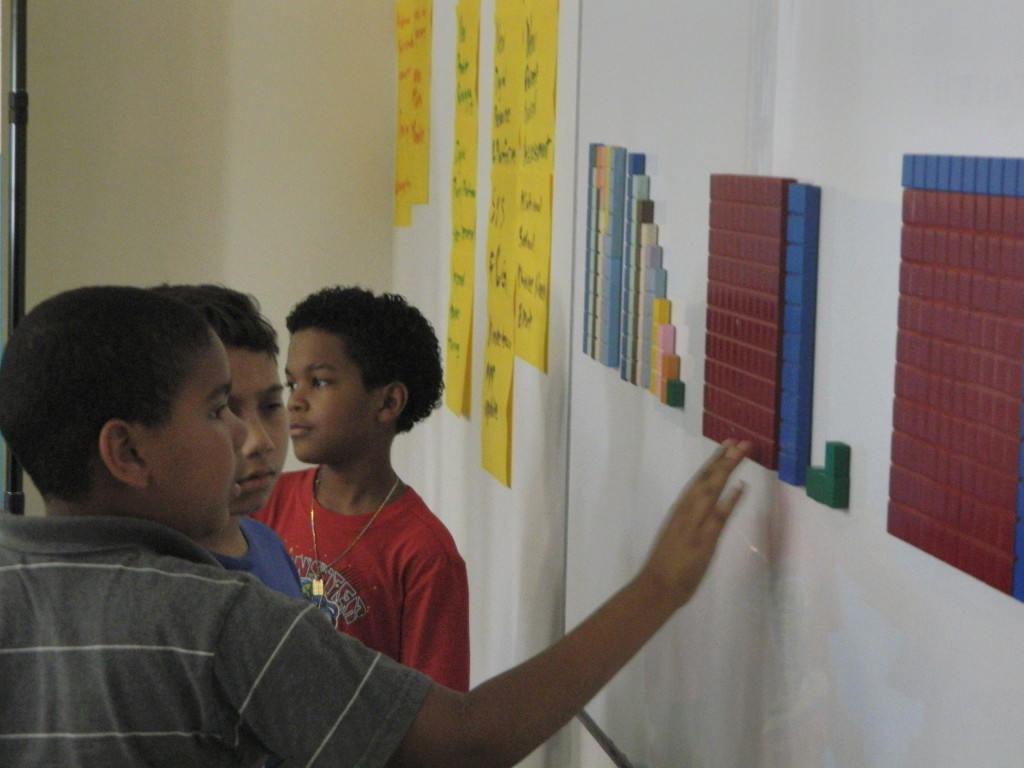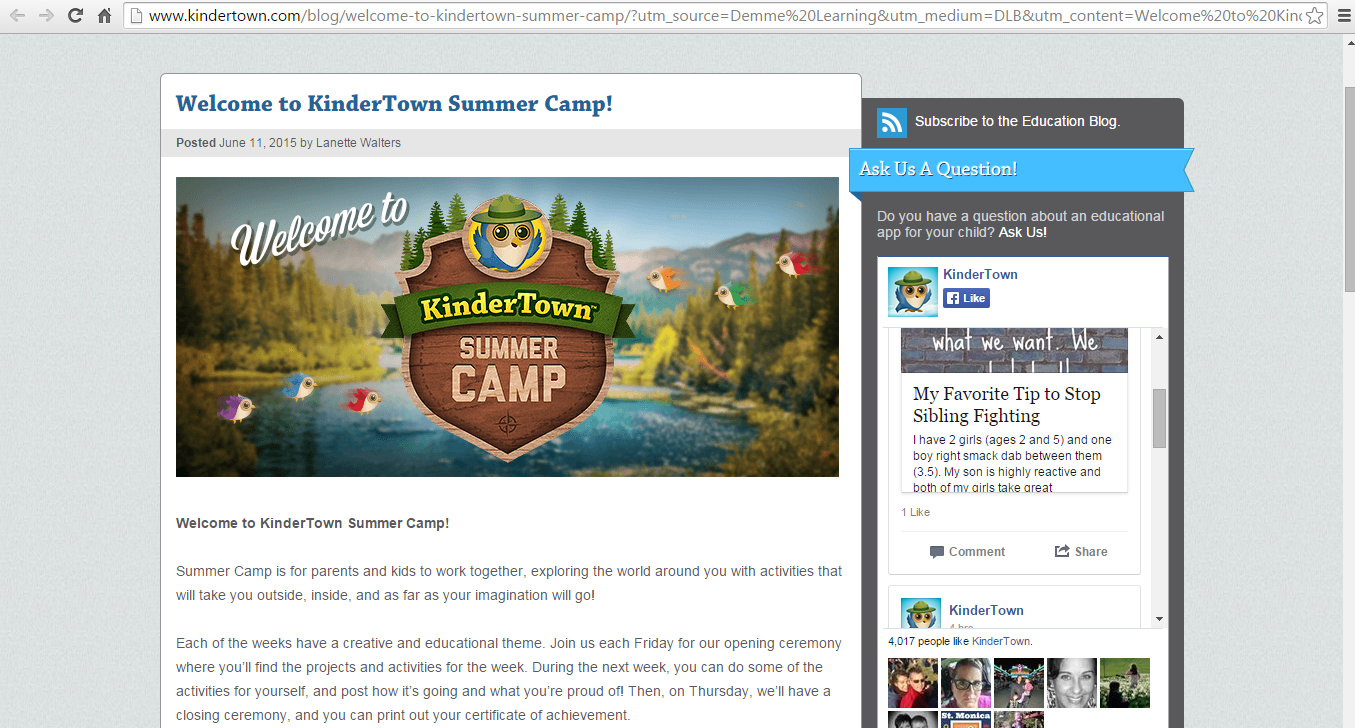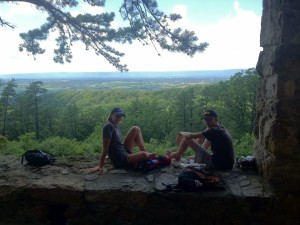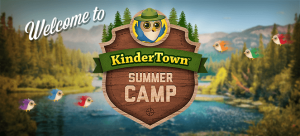Last Friday, Demme Learning hosted students from La Plaza, an after-school program based in Lancaster city that uses our Math-U-See and Spelling You See programs. We gave them a tour of the office and warehouse and had stations setup where employees would share how they used math and spelling in their day to day jobs. Here are a few pictures from the visit:
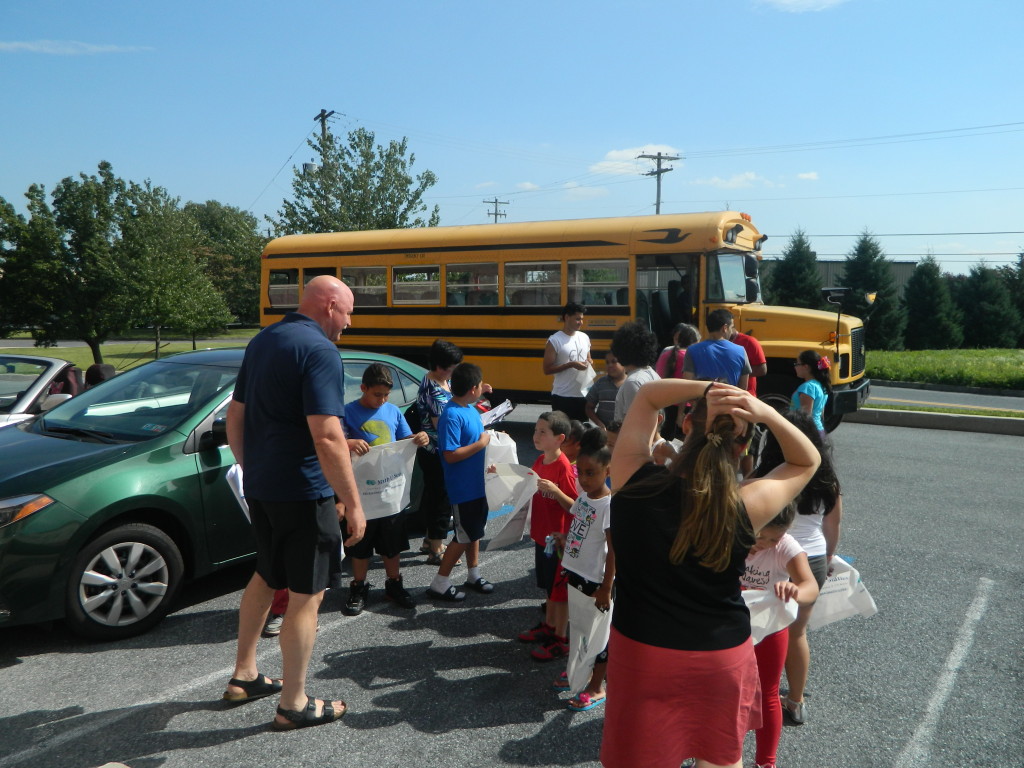
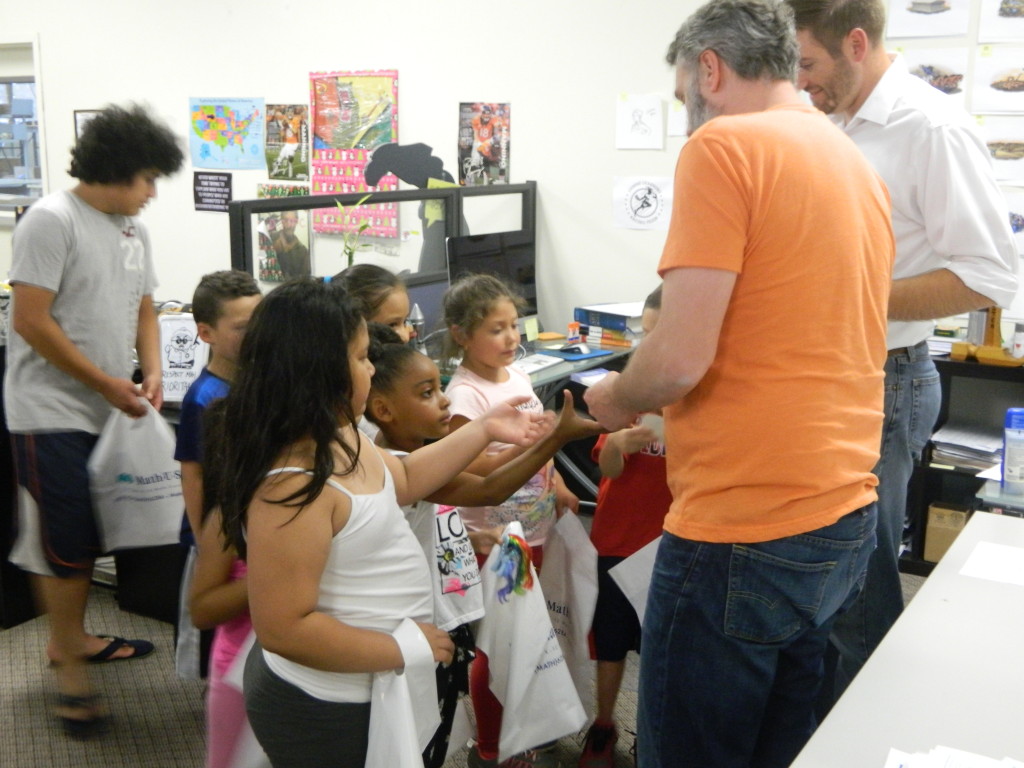
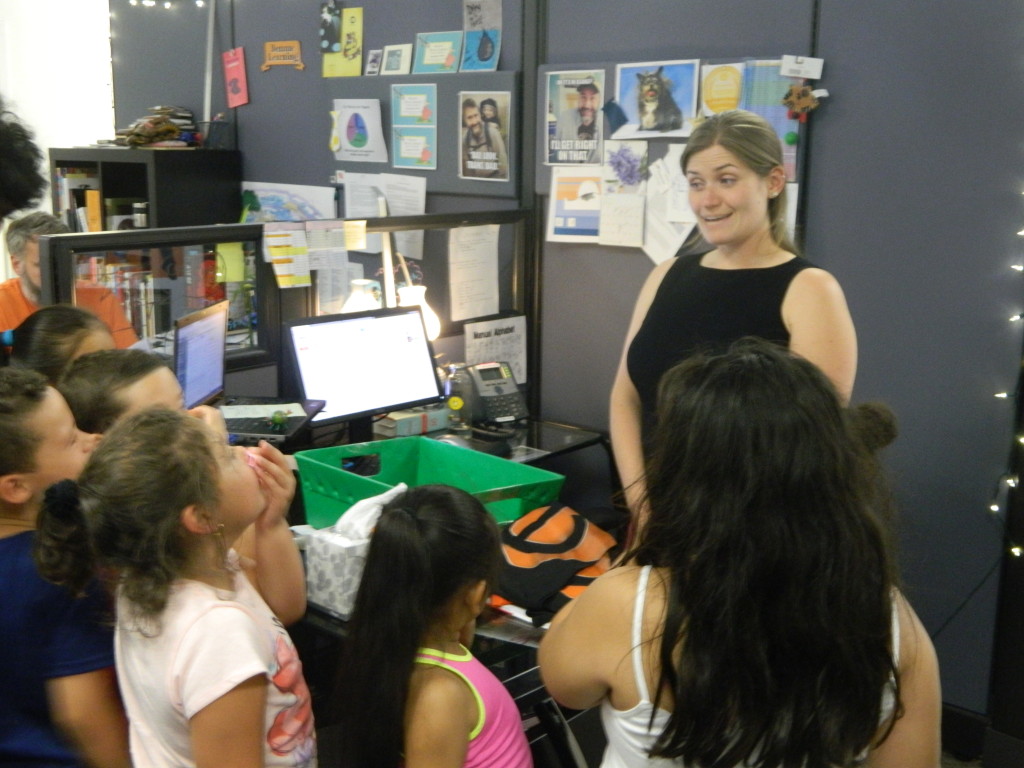
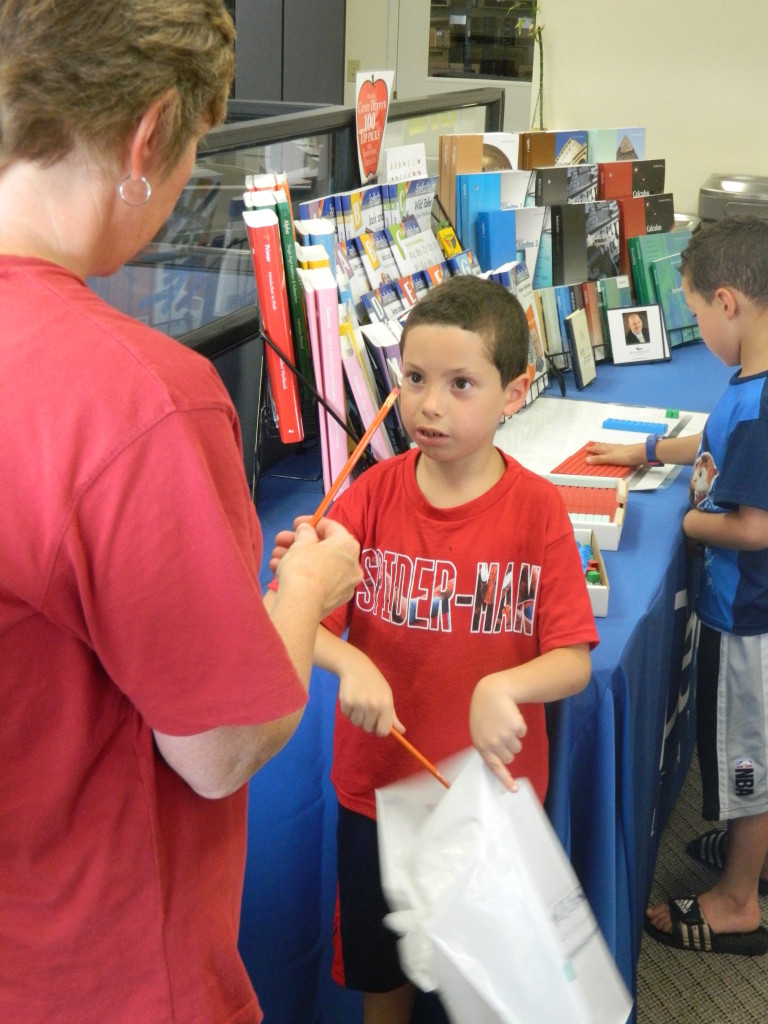
![Steve, the guy from the videos who tells those punny [funny] jokes](http://ethandemme.com/wp-content/uploads/2015/07/DSCN5662-1024x768.jpg)
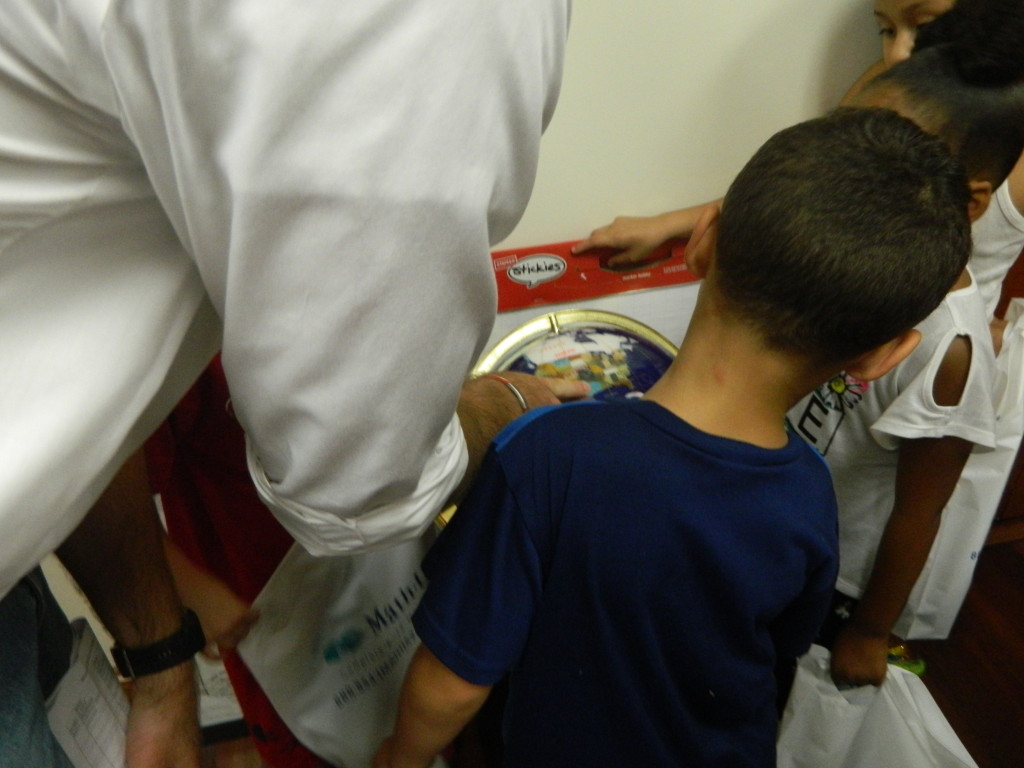
We finished off the tour with some cake and snacks to help everyone remember to be lifelong learners.
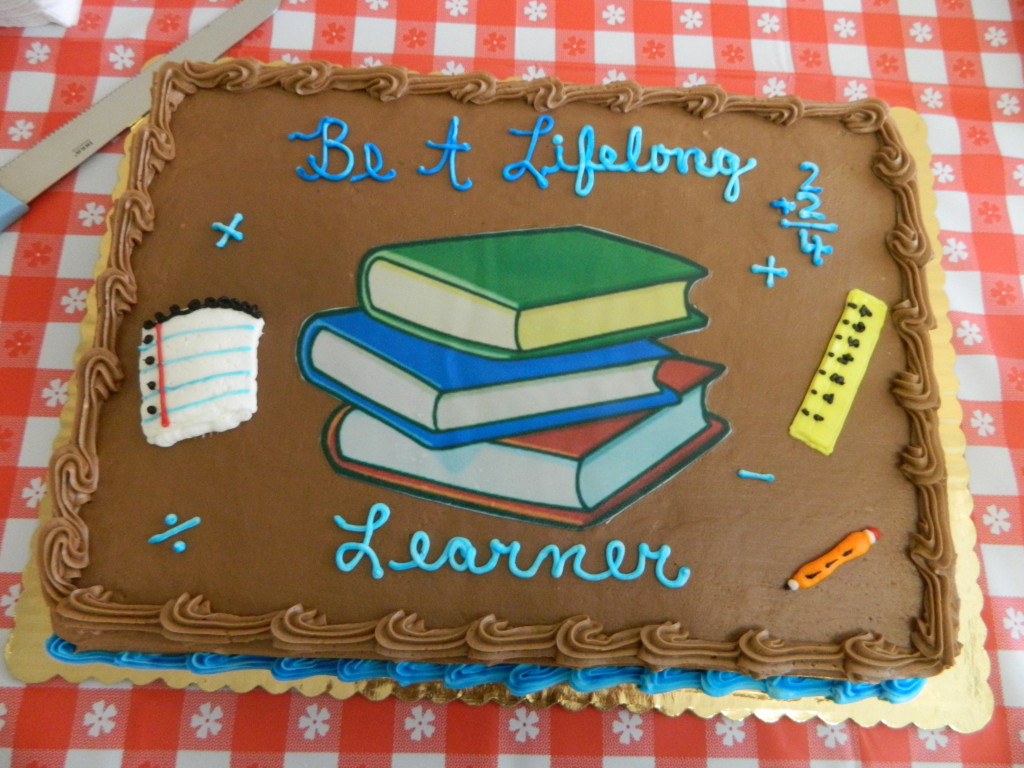
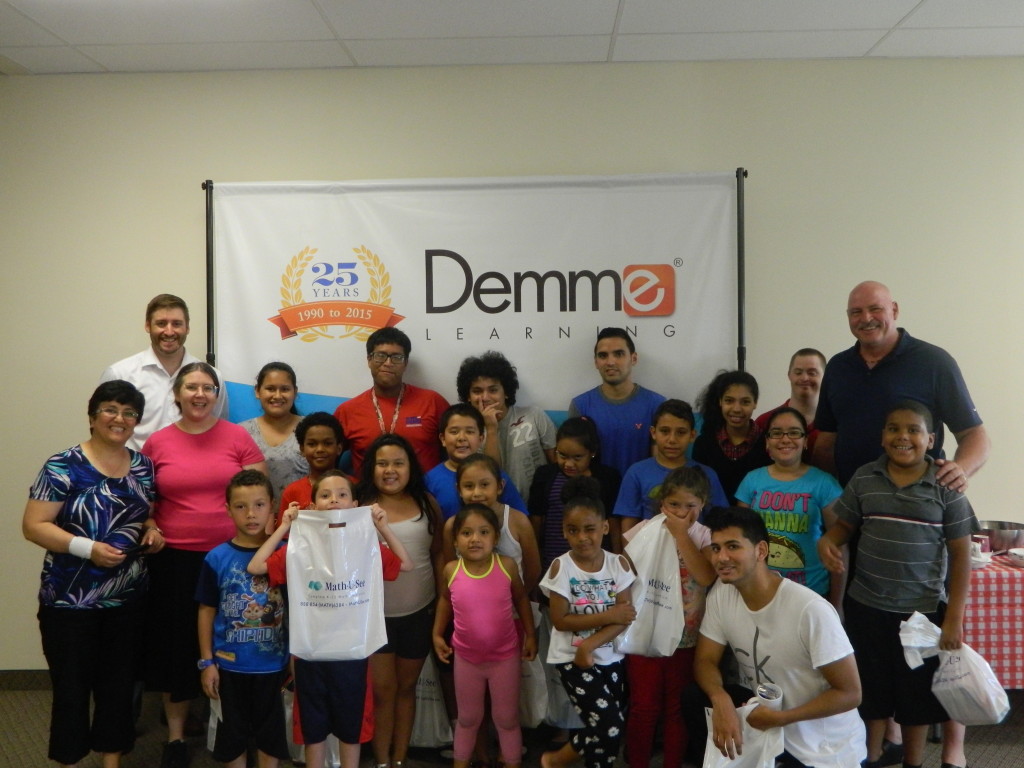
We had a great time hosting the students and are happy to support such a great after-school program.
